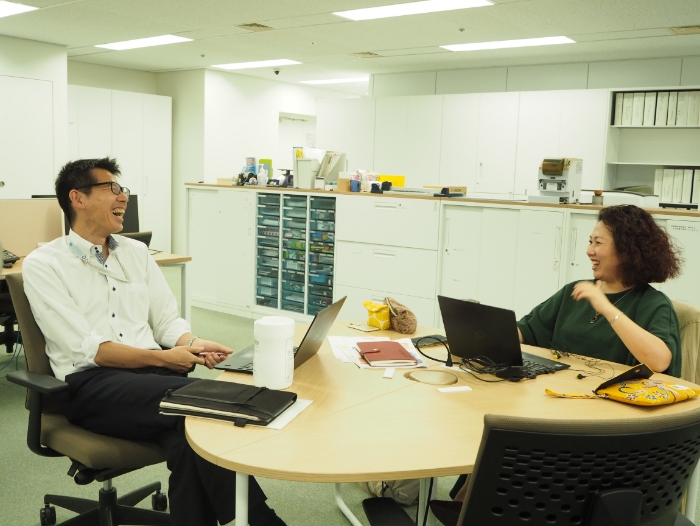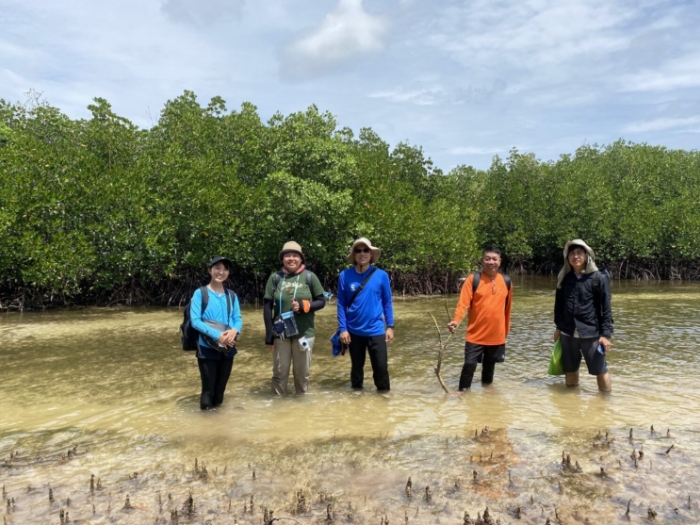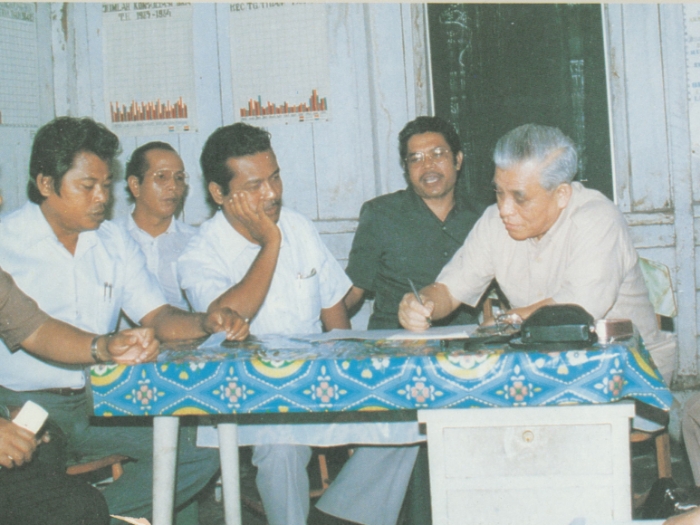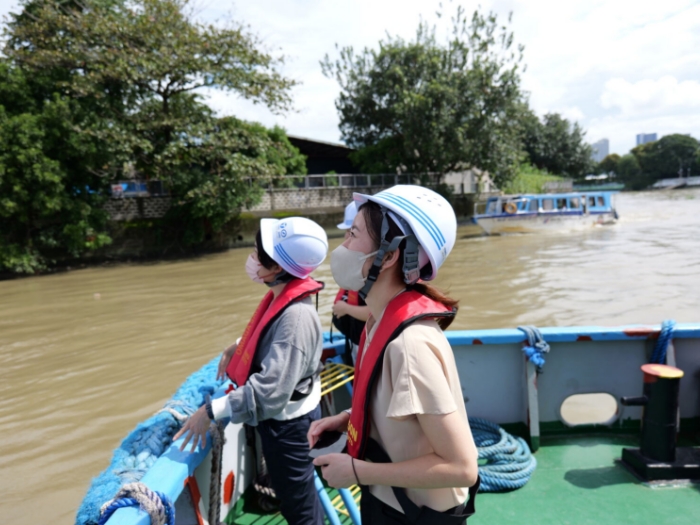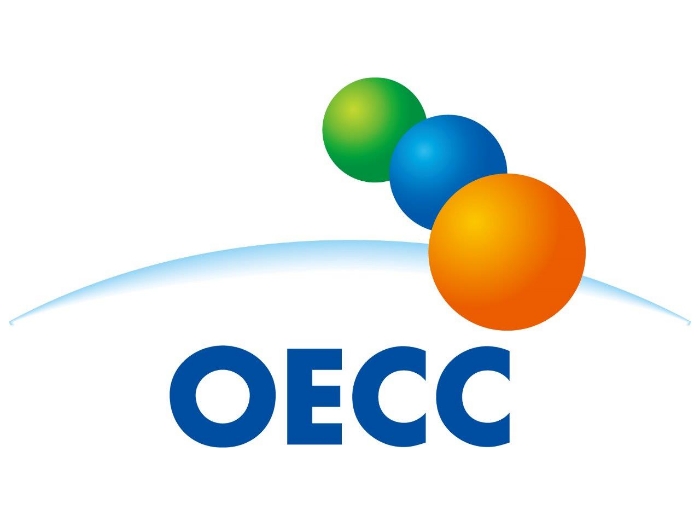Message from the President
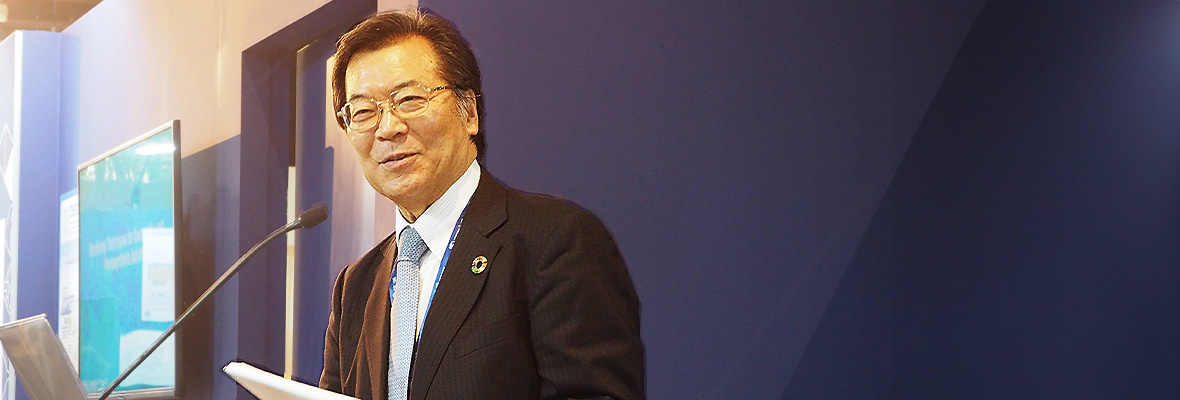
The Overseas Environmental Cooperation Center (OECC) is engaged in the international environment and development cooperation to address global environmental agenda such as climate change, biodiversity and circular economy.
Making full use of our professional networks, OECC plays an important role in implementing national strategies on sustainable development such as the Japan Platform for Redesign: Sustainable Infrastructure (JPRSI) and the Initiative on Fluorocarbon Life Cycle Management (IFL) as their secretariat.
During the UNFCCC/COP29 held in Baku in November 2024, the final agreement was reached on carbon market rules to implement Article 6.2 of the Paris Agreement, and a global goal was agreed on climate finance “to mobilize at least $300 billion per year from public, private and other sources by 2035.” In addition, during the COP29, a series of side events were organized to discuss the role of cities in addressing climate change, aiming to enhance the linkage between national governments and cities.
At the same time, it is estimated that the increase in global average temperature from pre-industrial revolution levels will be most likely to exceed 1.5°C in 2024. In these days, we have frequently received many reports on serious disasters caused by climate change from around the world. In light of this, the Intergovernmental Panel on Climate Change (IPCC) has started working for the Special Report on Climate Change and Cities during its Seventh Assessment Report cycle.
As the international community has experienced its dynamic transformation toward realizing a decarbonized and sustainable society, I am sure that OECC is committed to playing a responsible role as a central institution in the field of international environment and development cooperation.


